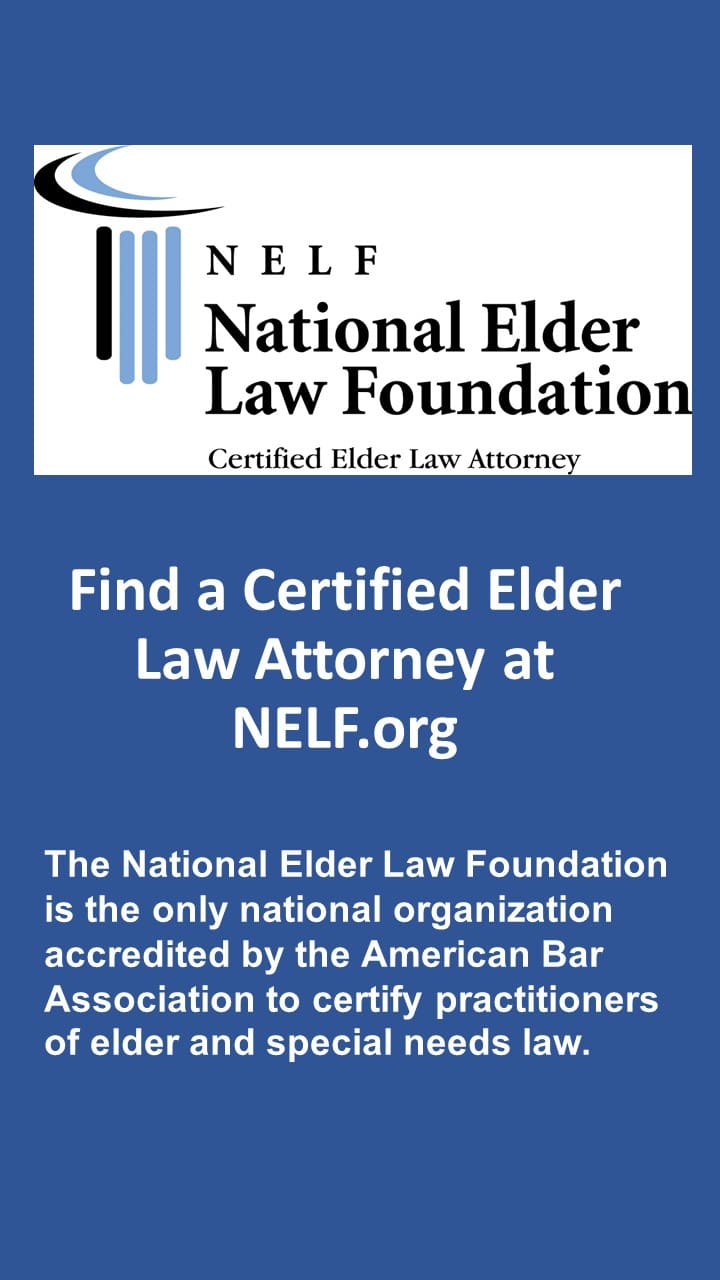Sometime people want to avoid the expense of paying an attorney and they try DIY (do it yourself) fixes. Recently I met with someone trying to protect property. This person when to the clerk of Superior Court’s office and, after discussing what they wanted, took a fill-in-the-blank deed form offered by the clerk. Using that form, this person prepared his or her own home made deed.
The fill in the blank form was copy-written by a legal form company, so how it was available at the Clerk’s office is s mystery. However, when the clerk said “this is the correct form,” he or she was essentially giving legal advice. See O.C.G.A. § 15-19-50. That advice turned out to be wrong. Using the form, the person had the Grantor (the owner transferring the property) create a Tenant in Common relationship. The person using the form didn’t know that (if they had correct legal advice) the person seeking help actually wanted to create a Joint Tenancy with Right of Survivorship. The distinction is significant as explained on one law firm’s website. Use of the wrong form was critical.
Technically, you can engage in self-help and represent yourself. Of course, you get what you pay for. As with the example above, the result might be far from what you want. In the example used, instead of having the property by-pass probate with the hope of avoiding Medicaid estate recovery, a proportional share of the property will pass through the estate of each co-owner. As it passes through probate, it will be subject to claims made by creditors of the deceased owner including Medicaid estate recovery claims. Be wary of non-lawyers who give legal advice. What they are doing is actually a crime in Georgia. See O.C.G.A. § 15-19-51 and § 15-19-56.
If you decide to represent yourself, keep in mind the old adage: “A lawyer who represents himself in court has a fool for a client.” The U.S. Supreme Court put it this way in the context of a criminal case: “Our experience has taught us that a pro se defense is usually a bad defense, particularly when compared to a defense provided by an experienced criminal defense attorney.” See Martinez v. Court of Appeal of Cal. Fourth Appellate Dist., 528 U.S. 152 (2000). Getting competent (correct) legal advice can make a huge difference in the outcome of your case. If you need assistance on an elder law matter, there is a find a lawyer tool on the National Elder Law Foundation website (www.nelf.org).





